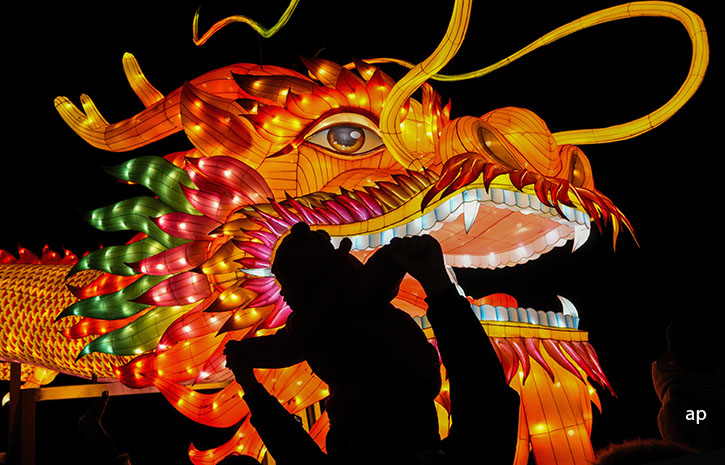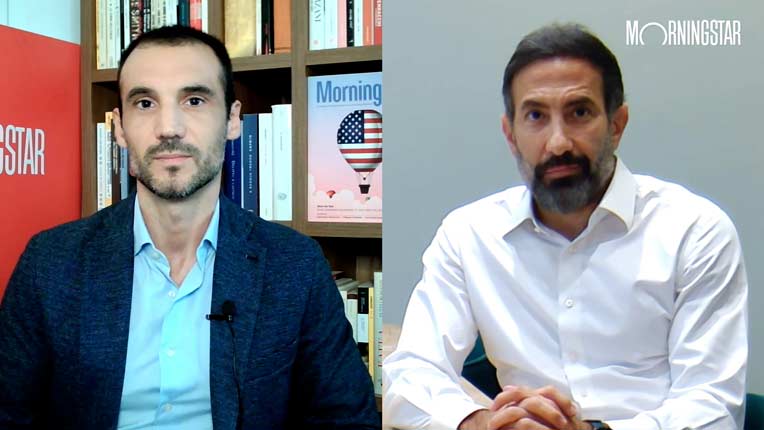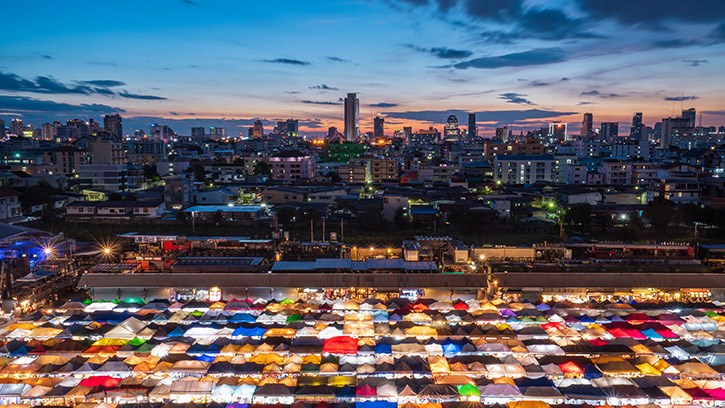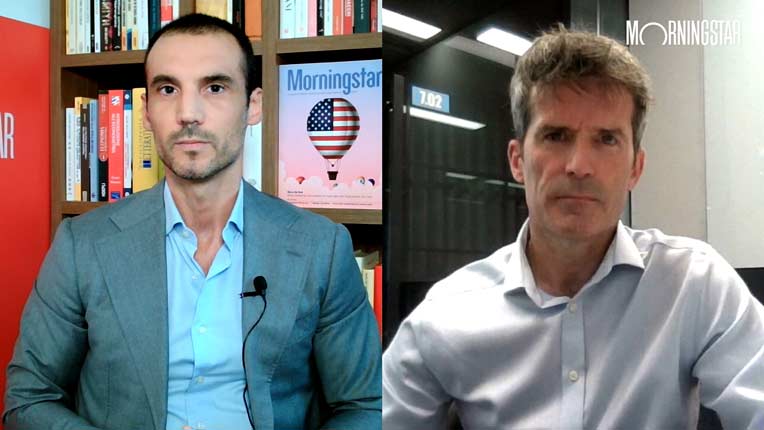
The investor perception of emerging and frontier markets may have shifted since the pandemic from “dynamic and exciting” to “risky and disappointing”, but the classification itself remains relatively fixed.
Buying EM stocks and funds doesn’t require an awareness of benchmarks. Still, they’re a useful place to start. In basic terms, MSCI categorises countries as developed, emerging and frontier. Some countries like Argentina have “standalone” status too.
The risk spectrum goes from developed (least risky) to emerging to frontier (most risky).
What Makes a Country an Emerging Market?
• Size and liquidity of capital markets
• Governance standards
• Political stability/instability
• Equity market accessibility for foreign investors
While the economies of India and China may bigger and growing faster than in the West , these countries’ capital markets are seen as less advanced than say, Europe, North America and Japan.
For investors, wrapping up the 23 countries from Brazil to UAE one convenient package is handy. It helps people know what they’re buying – and also helps fund management firms market and assess the performance of funds.
What Are Frontier Markets?
Shifting along the risk and sophistication status takes us to frontier markets, which as the name suggests, are on the cusp of becoming emerging markets. Frontier market Vietnam, for example, has been talked of as a promotion contender for years, and set itself the target of becoming an EM by 2025. Examples of frontier markets include Nigeria, Sri Lanka.
For liquidity reasons this matters as capital flows in greater quantity towards countries designated as "emerging markets"; for investors this helps too, as frontier funds and trusts are lesser in number, are more niche and less liquid.
Some of the frontier countries may appear puzzling to investors: Iceland, with a GDP higher than the UK, is on the frontier list, as is Croatia, a new member of the eurozone. While there is often a correlation between a countries’ status and economic development, sometimes that correlation isn't obvious. In Iceland’s case, its capital market is much smaller than say, the UK or Germany, with 27 companies listed on the Nasdaq Iceland. In this case, being a frontier market is not a value judgment on a country’s economic power.
The Problem With Emerging and Frontier Markets
• China dominates, and it’s dragged EM down
• Alternative power bases are developing as the world changes
• The index is concentrated on China and India
• There are anomalies: Iceland and Croatia
• Performance has lagged developed markets
• When global markets fall, emerging markets suffer too
• ESG investors may struggle with some country inclusions
China’s equity markets have struggled to match those of the US in terms of performance since 2020, and this is a problem, because nearly 25% of the index is weighted towards the country. A good year for China flatters and boost EM performance, and vice versa. Active fund managers can choose to weight these countries differently, but passive products rely on China as the engine of EM. India has outperformed, and in May this year was given a bigger weighting.
The other issue is that of the shifting “spheres of influence” in the developing world: Russia’s invasion of Ukraine has realigned loyalties, while Saudi Arabia – a new joiner in 2019 to the EM world – now has an outsized influence on global politics and sport even as the West’s dependence on oil wanes.
Hitting the BRIC Wall
Fund companies used to sell “BRICS” funds as a kind of turbocharged EM play but the performance has disappointed and Russia’s invasion of 2022 in Ukraine led to deletion from EM indices. The idea of a rival power base was considered redundant until South Africa, a member of another power bloc, the G20, proposed some additions to revive the idea. Last year, in addition to Brazil, Russia, India, China and South Africa, the world got five new BRICS (see below). Turkiye, a small component of the EM index, is proposed as a sixth.
• Iran
• United Arab Emirates
• Saudi Arabia
• Ethiopia
• Egypt
A fair proportion of these countries are involved, directly or otherwise, in the world’s biggest conflicts, and are subject to sanctions by the West. So there’s an ethical filter that some investors will apply to narrow down the “emerging markets” basket too.
Ways to Approach Emerging Markets
Where does this leave investors, who may be bullish on Brazil but cool on China?
One approach is to try to “pick the winner”: single-country funds are popular and liquid but can be risky if there’s a crisis, a common feature of EM investing. Turkiye, for example, has a booming economy in 2024 but saw an attempted military coup in 2016 and has periodic currency crises.
Emerging or frontier market funds, meanwhile, would in theory be more diversified: a crisis in one country could be offset by an amazing performance for another. In reality, contagious crises do occur, dragging many countries down together – and this is the peril of regional funds. Latin America, currently a “hot” region because of commodity demand, has had many boom-and-bust cycles.
If an investor goes down the fund route, it’s worth looking in detail at which countries the fund invests in. As well as country concentration, there is also a fair amount of company concentration too, with Taiwan Semiconductor Manufacturing (2330), China’s Tencent (00700) and Alibaba (BABA), and South Korea’s Samsung (005930) as key names in many portfolios. Here the “emerging market” label may not really work anymore: Samsung, a global electronics brand, is twice the size of the UK’s largest company, AstraZeneca (AZN).































